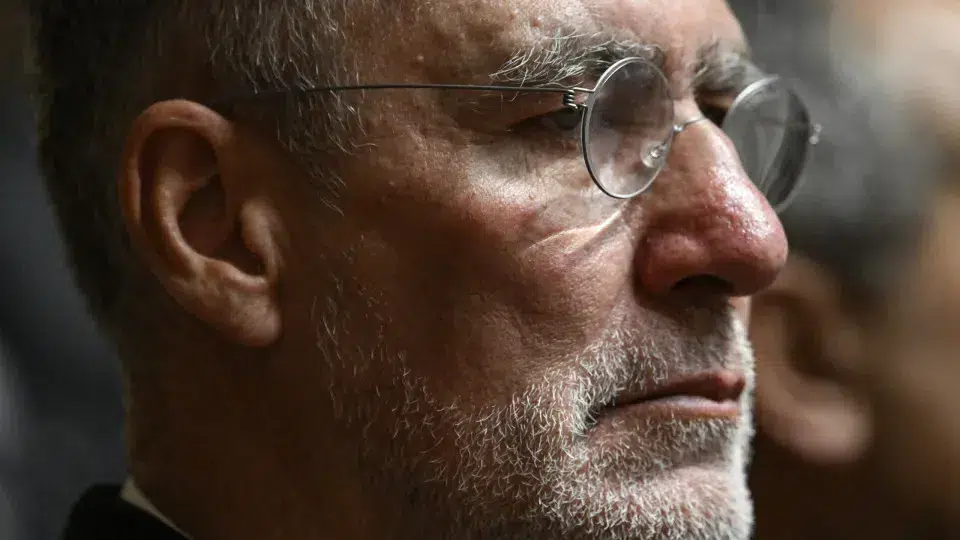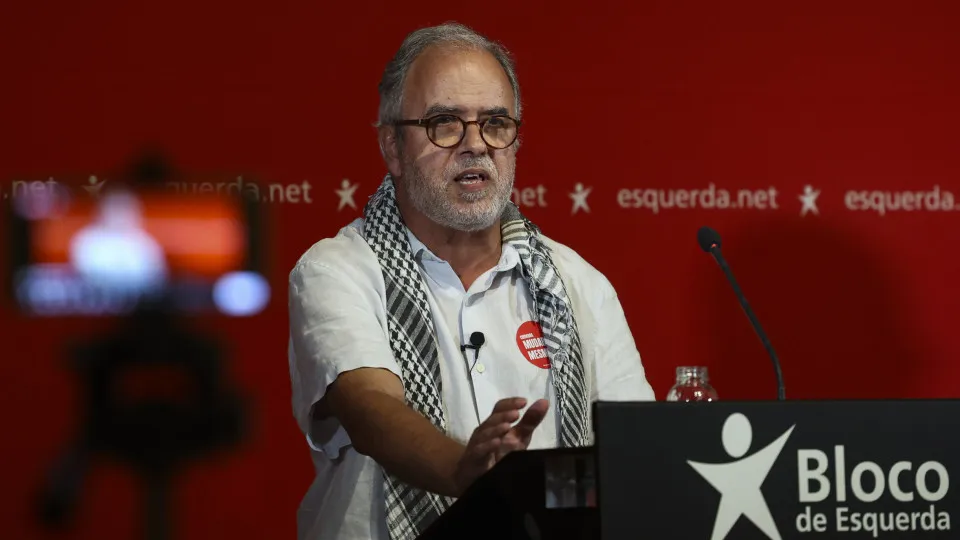
“We have exceeded the reasonable limits of surveillance. Wiretaps are meant to determine if a crime is being committed, not to wait and see if someone commits a crime, as this shifts from a justice issue to a surveillance issue, which would be disastrous in a democratic state,” declared Henrique Gouveia e Melo at the CNN International Summit in Alcobaça. The event also featured presidential candidates António José Seguro, André Ventura, and Luís Marques Mendes.
The independent candidate expressed concerns over the news of surveillance directed at former Prime Minister António Costa (PS), stating it presents a trust issue. “Is it possible to indirectly tap a prime minister without proper authorizations?” he questioned.
“There is a certain opaqueness. There’s a lot of noise. But this opaqueness leads to a loss of trust in the justice system. And when the Portuguese lose trust in justice (…) justice fails to fulfill its true social role,” he asserted.
Gouveia e Melo further argued that “justice must adhere to three basic principles”: “transparency, trust, and fairness.” “Justice applies to everyone, without exceptions, regardless of origin, financial capacity, or anything else,” he emphasized.
André Ventura advocated for a justice system that serves both the “ordinary person” and the “powerful.” “We need justice reform, not only in criminal justice (…) that works solely for the ‘ordinary person.’ We must have a criminal justice system that also operates when powerful interests and people are involved,” stated the Chega candidate.
Citing cases of Jair Bolsonaro and Nicolas Sarkozy, former leaders of Brazil and France respectively, who were swiftly tried, André Ventura criticized the decade-long trial of former Prime Minister José Sócrates.
“Of course, some may argue: it is a rule of law. Allow me to say: forget about the rule of law,” he remarked, criticizing the practice of the prime minister suggesting the appointment of the attorney general to the President of the Republic.
For Ventura, “it is illogical for someone politically chosen to investigate the person who chose them.” He alleged, “A certain structure has been deliberately put in place in some sectors of justice and appointments (…) to interfere or lend support when needed.”
Luís Marques Mendes supported the Public Prosecutor’s conduct regarding António Costa’s wiretap case, considering it a mistake to confuse this case with broader justice reform.
“Not everything should be lumped together,” as if the facts stated in the Prosecutor General’s Office communiqué “are true, there wasn’t any fault by the Public Prosecutor,” he stated.
The candidate backed by PSD and CDS-PP stressed that it’s essential to not generalize the Public Prosecutor’s actions, saying it shows “correct behaviors and absolutely regrettable ones,” like initiating inquiries “over trivial matters” that later get dismissed, citing as a poor example the searches conducted at TAP after ten years.
“Portugal respects the principle of separation of powers, which is central to our political and judicial organization. What is required is that the justice system, considering recent facts and news, provides clarification in a timely and appropriate manner,” observed António José Seguro.
Supported by PS, he pointed out that “in previous decades,” the public became aware of “the final decision when it became final and binding,” and “currently, there is a scenario where the community receives information, often without proper rebuttal.”
To maintain “trust in the justice system, it’s essential that when such information leaks occur, the justice system promptly clarifies and elucidates,” he added.




